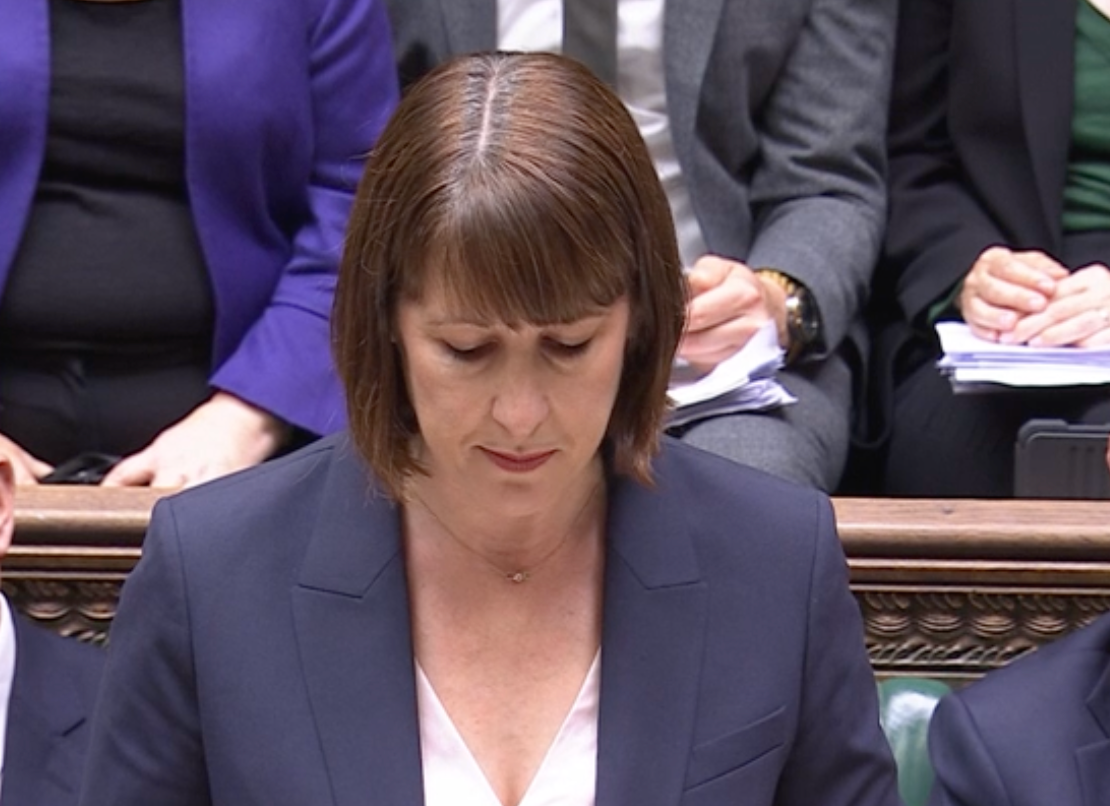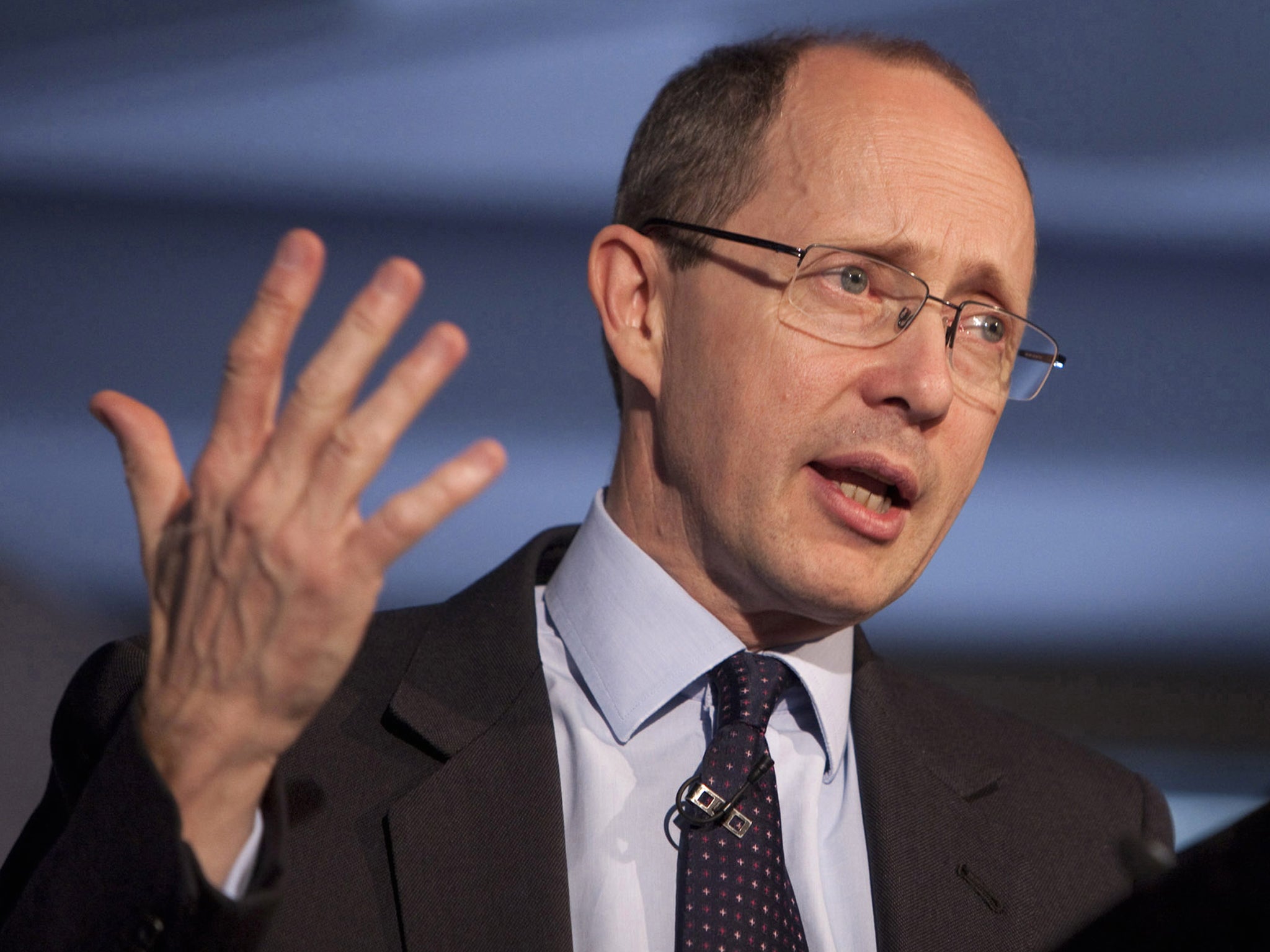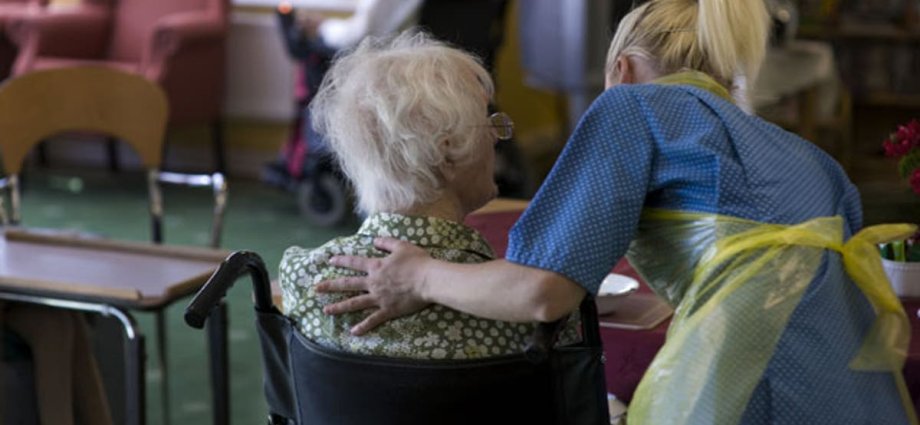The Labour government has “failed another generation of families” with the cancellation of a series of planned social care reforms, the architect of the plans has warned.
Rachel Reeves announced the cancellation of the Dilnot Reforms on Monday, alongside a swathe of other spending cuts to address a black hole in the public finances left by the previous Conservative government.
Sir Andrew Dilnot, whose government-backed commission proposed a cap on social care costs, described the changes as a “a tragedy”.

The commission’s findings were presented to the government more than a decade ago, with proposals including a £35,000 cap on lifetime individual liability for care costs, liability for food and accommodation costs limited to £10,000 per year and the assets threshold for cut-off of state support being raised from £23,250 to £100,000.
The plan to cap social care costs was delayed by former chancellor Jeremy Hunt until October 2025.
But during the election campaign, Labour indicated it would implement the reforms despite the proposals not appearing in the party’s manifesto.
Announcing a swathe of spending cuts on Monday, the chancellor accused the Tories of having hidden the true extent of Treasury overspend from the public, claiming the government inherited a £22billion hole in public finances.
Speaking to BBC Radio 4’s Today Programme about the cancellation of social care reforms, Sir Andrew said: “I think it’s a tragedy, and it’s very disappointing given what was said in the election campaign on your own programme.

“Wes Streeting, the now shadow secretary of state for social care, said we don’t have any plans to change that situation. That’s the stability and certainty they want to give.
“Later on, on another BBC programme, he said one of the things that we’ve committed to is this. I want to give the sector the certainty this side of the election. So to rip this up is unbelievably disappointing for hundreds of thousands of families who need care, for those who are providing it, for those who are trying to make decisions about.
“It’s another example of social care, something that affects people at some of the most difficult times of their lives, being given too little attention, being ignored, and being tossed aside and its very, very disappointing.”
While Sir Andrew denied the changes have taken social care “back to square one”, he warned: “We seem again to be in a position where a government is saying this isn’t an important enough thing to carry on with.”
He added: “The cost of acting is not great and the transformation to the lives of those who need care and those providing it would be transformative. And I really hope that after this blip we get back to a serious plan.”
Asked in June if he could make a firm commitment to bringing in the cap in October 2025, Mr Streeting said: “That’s the plan, as things stand.”
When pressed on whether or not that was a firm commitment, he said: “We don’t have any plans to change that situation and that’s the certainty and stability I want to give the system at this stage.”
The Department for Health and Social Care has been contacted for comment.









